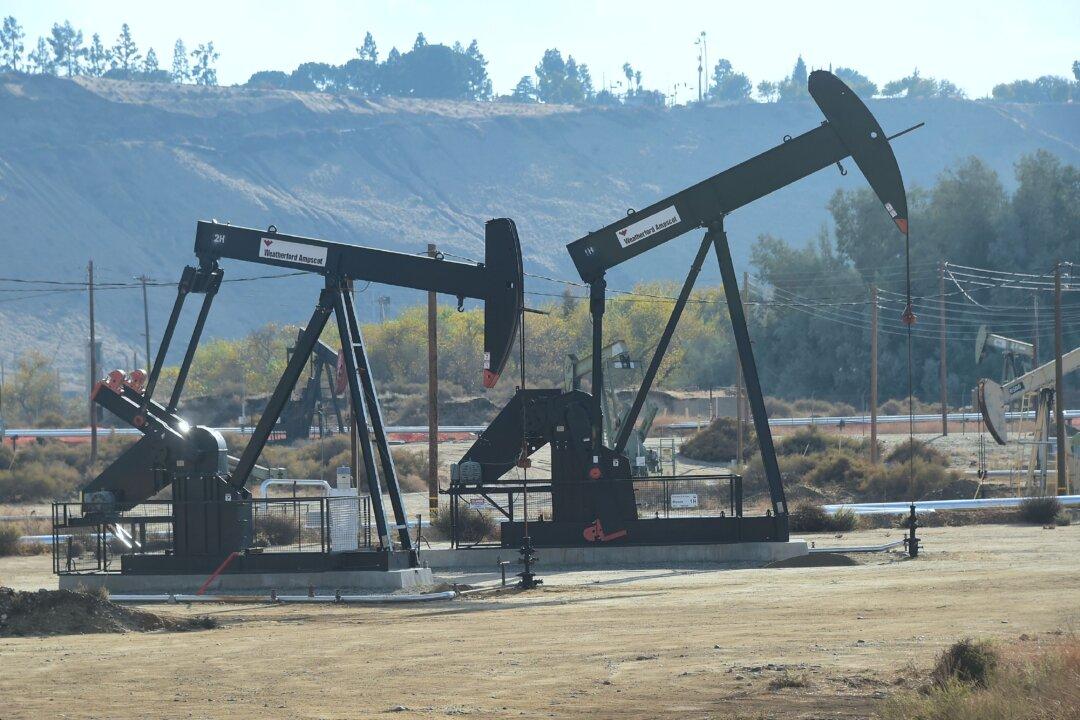Oil prices fell by about 3 percent on April 26 as President Donald Trump called on the Saudi-led Organization of the Petroleum Exporting Countries (OPEC) to increase production.
“Spoke to Saudi Arabia and others about increasing oil flow. All are in agreement,” Trump said in an April 26 tweet.





